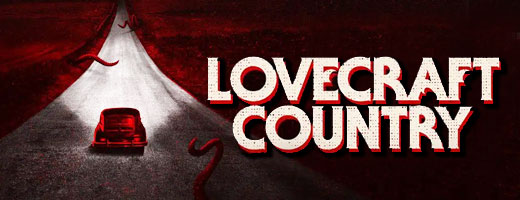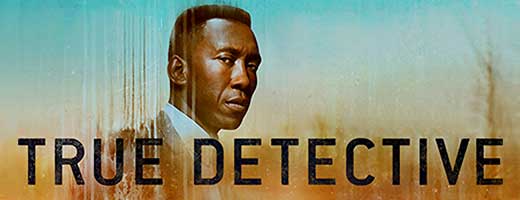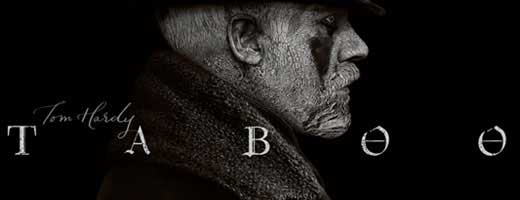A Woman’s View on ‘Git Gone’

Have a Theory? Share It Now!
I was surprised at Gene & Big D’s dislike of the episode–for Gene, it came down to acting and pacing; for Big D it was the qualities of the character herself. For me, it formed a coherent backstory that added much-needed context–Shadow’s affinity for coin tricks, why Laura cheated, and the nature of their love. I felt the acting was good, the bathroom scene believable, and wondered if this episode was done with the female audience in mind. I liked the humor in the Audrey scenes–the tenderness tempered the absurdity of it. BTW, Audrey tolerated her b/c she was looking for closure (I would, too). Maybe she even misses her a little.
To address the acting, pacing, overall feel of episode 4:
1) This episode was all exposition, done cinematically with “the female glance,” and I go on to quote Anne Helen Petersen in her article (https://www.buzzfeed.com/annehelenpetersen/blessed-be-the-fruit?utm_term=.hwP8R4PL5#.nsgAJgO0p):
“The female glance is deeply attuned to textures, to shades of light…It’s an almost synesthetic mode of filmmaking, focused not on plot, or narrative, but the capacity of an image to convey a feel. It forces identification with, and empathy for, the way women experience the world” an experience that’s often marked by passive observation and the rhythms of the domestic world…It’s an accumulation of moments, experiences, and revelations that not only go unsaid, but might actually be unspeakable.”
Examples include: the bloody shower scene, the lighting in the bedroom scenes, Laura turning off the TV, looking out the window at the hot tub in the middle of sex
2) Emily Browning made good use of body language, micro-expressions, and tone of voice to convey emotion. (Her eyes are so expressive.) The POV scenes illustrated her mundane observations. The framing and juxtaposition of important events (Laura falling in/out of love, her spiraling depression vs. Shadow’s ascendance) were shot well. We feel her depression and we live her lackluster life.
To address her character:
1) She’s like so many other sullen-eyed young girls stuck in Smalltown, USA. (I’m surprised she’s not a druggie.) Girls like that attract men who want to take care of them/save them. (It’s up for debate whether Shadow has a savior complex.) She goes through life as a spectator. Her interaction with Anubis was the first time she showed real agency–she refused what the circumstances offered and wanted to change them. She panics as she realizes that an afterlife was a possibility, which negated her worldview.
2) I like that she’s NOT a saint. Gaiman chose an unceremonious death for humorous effect, but most importantly to set her on a redemption arc, which justifies her role in the story. This is made more obvious by having her as the reason for his incarceration (a significant departure from the book).
3) Her trepidation at revealing herself to Shadow speaks volumes. She obviously doesn’t want Shadow to see her as a monster. There’s a fear of rejection and an element of vanity. Also, she isn’t ready yet to face the emotional fallout. I think she realized what true love was when she had to break out of her passivity and act to save his life. This new discovery–this new love has transformed her (hinted at by her conversation w/Jacquel). She’s essentially reborn as a zombie love interest, baptized in the rain and blood (I thought of born-again Christians). In the end scene, did you notice that she wears the same dress she had on when Shadow first taught her his tricks? I thought it was romantic in a way.
4) Her cold rationality is a good setup for the absurdities that happen to her.
On Robbie: -Where was his ghost after the crash–is it to imply that he has no soul? -He’s a pet-killer.
Thoughts on the gold coin: -The Egyptian sun god Ra’s main symbol is a sun disk. He’s also associated with the Tree of Life.
Best wishes,
Vee, from Chicago
P.S. Gene, I don’t know why you think a black guy with a hippie name would be hot property in 90%-white Indiana (looks notwithstanding) given the racial segregation and low-level xenophobia in the general Midwest.
Subscribe Now
- Android: https://shatontv.com/american-gods-android
- Apple/iTunes: https://shatontv.com/american-gods-itunes
Help Support the Podcast
- Support with Paypal – https://shatontv.com/paypal
- Support With Venmo – https://venmo.com/ShatPodcasts
- Shop / Merchandise: https://shatontv.com/shop
- Shop Amazon With Our Affiliate Link – https://www.amazon.com/?tag=shatmovies-20
- Sponsor’s Listener Survey – https://shatontv.com/survey
- Leave an iTunes Review – https://shatontv.com/american-gods-review
- Leave a Voicemail – (914) 719-SHAT – (914) 719-7428
- Feeds & Social Media – https://shatontv.com/subscribe-and-follow/
- Checkout our Movie Podcast – http://shatthemovies.com






